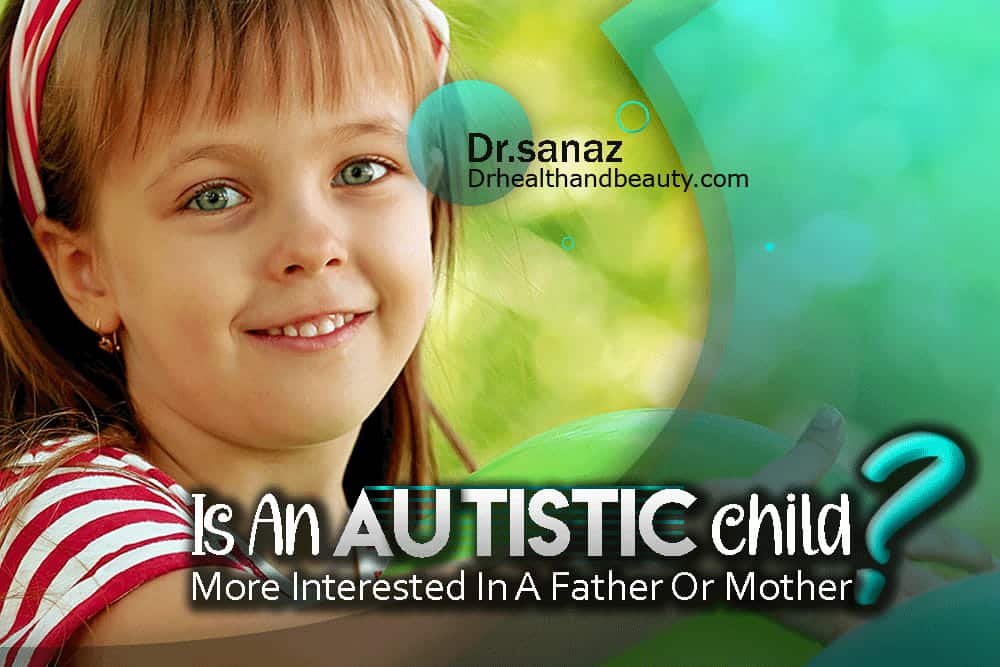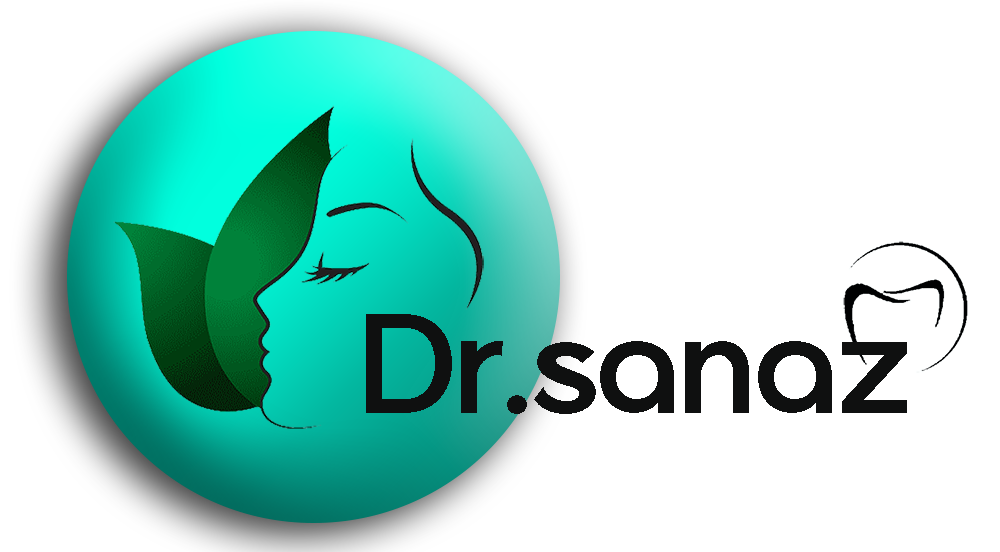

Is An Autistic Child More Interested In A Father Or Mother? Emotional Orientation
Table of Contents
Autism and social-emotional development difficulty in social and emotional skills is one of the characteristics of autism or autism spectrum disorder (ASD). Research suggests that this may be because certain areas of the brain associated with social-emotional functioning are less developed in children with ASD. While everyone with ASD faces challenges in navigating the world of emotions and social interaction, quality intervention (the sooner, the better) can help children with ASD improve their social-emotional skills.
Children with autism (autism) are often hyperstimulated by stimuli such as touch, sound, and light, and unexpected and unpredictable things, changes in routines, or misunderstandings cause them to despair and distress. Children with autism are often trying to tell us what they are experiencing or what they are feeling, and unfortunately, they are not successful in this, which causes them to collapse. During this collapse and confusion, the child may continuously Scream, make violent movements, destroy things or behave violently with others.
And if the parents do not understand her behavior correctly, they may consider it a sign of an illness or a cold.
In this article from “drhealthandbeauty” by Dr.Sanaz, we will examine the factors influencing the emotions of children with autism, and then we will provide comprehensive guidance on how to teach emotions and shape their emotions.
Is an autistic child more interested in a father or mother?
Raising children with autism is associated with many challenges. These challenges are difficult enough for parents, let alone one of them feeling that their child prefers to be with the other! Is the autistic child really more interested in one of these two people?
Strong reasons for pulling towards one of the parents
If a child has an autistic disorder and prefers one parent over the other, there may be many reasons. Perhaps one parent is around the child more than the other or communicates more with him.
Perhaps one of these two people, i.e., the father or mother, is more compatible with the child’s feelings, and the child considers his lap as a safe shelter for his problems and challenges.
All these that we have said are just a few examples of the reasons that can be mentioned. But on the surface, it seems that the child loves one parent more than the other.
Autistic children are very sensitive. This sensitivity exists about everything from bedtime to the order of toys or even the loudness of another person’s voice.
In short, many things may upset an autistic child. Perhaps one of these issues makes him love his father more than his mother or his mother more than his father.
4 outstanding reasons:
Emotional stability
Children with autism spectrum disorder are usually very sensitive to other people’s feelings. For example, an adult’s behaviour easily angers them, or another child’s crying upsets them.
An autistic child is overwhelmed by his feelings very quickly after being with a person who has an emotional outburst! This dramatic action causes the child to withdraw from that person, seek comfort in another room, or go to his safe place.
Now, imagine that one parent is more emotionally stable than the other. Of course, this feeling or emotional load that we say does not always have a negative effect.
For example, maybe one parent behaves more excitedly or naturally speaks loudly. All of these may be distressing for a child with autism, even if they don’t show it outwardly.
Over time, the child in question may learn that the parent is more stable, so it is less annoying and easier for him to deal with.
These children naturally gravitate toward a parent who is calmer and more trustworthy to them, even if they don’t talk about it.
So, if you have an autistic child, the first step is to check and analyze your daily comfort and feelings. Maybe this is the problem!
Spending time
The person who spends the most time with the child is most likely the preferred person. Autistic children struggle with many social challenges. If one of the parents is around them more, the child will be more comfortable with him.
In addition, the parent who spends the most time with the child in question gets used to his preferences and behaviours. In such a situation, it will not only be easier for that parent to work with the child, but it will also be easier for the child to work with him.
If an autistic child is upset, he will show subtle outward signs. A parent who spends more time with him sees these signs earlier and notices them.
Compliance with the child’s daily routine
People with autism spectrum are very sensitive to changes. Imagine that even changing the teaspoon of breakfast or brushing time makes them very upset.
Slow but frequent movements such as shaking hands or tapping, which may cause sudden outbreaks, are signs of these discomforts.
Now, the point is that if one of the parents observes these habits and routines of the child better and more, the child will definitely prefer to be with him.
In fact, the adult who fits into the mental structure of the autistic child is considered a part of this routine. If another adult, whether a parent, tries to intervene, it may upset the child.
For no reason
The exact cause of autism is still unknown. So maybe the reason why an autistic child tends to one of the parents remains unknown.
Autism is a spectrum and has different forms. This disorder appears differently in each affected person. So you can’t expect everyone to behave the same.
You may never understand why your child is more attracted to your spouse. The reason may vary from day to day and from year to year.
Whatever it is, don’t take it too personally. Instead, turn to resources and tutorials that will better prepare you for parenting an autistic child.
Being a parent has subtleties that we must practice and learn beyond the child’s desired or unwanted tendencies and behaviours.
How to teach emotions to an autistic child
In most cases, children with autism disorder not only do not have the ability to recognize other people’s feelings, but they are also unable to understand
their own feelings. Some of them have problems establishing order in their feelings. Showing their emotions is not as expected.
It should be noted that an autistic child may not behave in different situations and may be in a different world, but this does not mean that he has nothing.
Rather, they usually behave differently than normal people.
According to the research conducted, a child with autism disorder does not always have the ability to recognize facial expressions, which is actually a part of the disorder in emotional response to others.
In this way, parents can help autistic child to understand their feelings better by teaching them feelings in addition to communicating better with the surrounding environment. In this way, there are methods
and techniques that will be mentioned below. But before that, in order to start training and attract the child’s attention, there are some points that are necessary and necessary to know.
How to start teaching a child with autism
According to experts, one of the most effective and best methods of teaching an autistic child is to recognize him. For this purpose, at the beginning of meeting with him, you should wait for a while and observe his
behaviour in order to understand his reaction in different situations.
It is better not to enter the autistic child’s world and never force him to do something, then repeat the behaviour that the child likes to do and enjoys.
How to attract the attention of an autistic child for education
In order to attract the attention of an autistic child, it should be considered that he may not understand sensory messages correctly, especially if he is unable to transfer attention from one subject to another. Therefore, in
order to start the training, he was in the path of the child’s gaze, then he called his name.
In some cases, if someone suddenly comes behind the head of an autistic child or calls him, he gets scared and nervous due to leaving his own world.
Therefore, in order to make him pay attention to new things, he slowly hit him, and instead of talking about something, he pointed to it.
Experience has proven that written information and visual objects attract the attention of an autistic child better than long-spoken phrases, but in any case, the appropriate method is determined by trial and error.
Therapeutic methods of teaching emotions to autistic children
The method of teaching emotions to an autistic child is different according to his age.
Applied behaviour analysis technique
In one of the easiest methods, the parent or teacher stands in front of the mirror and shows different expressions of laughter, crying, happiness or anger on his face and asks the child to do the same.
It is encouraged that this method can help an autistic child by expressing these concepts with a face.
In other words, applied behaviour analysis uses encouragement to reinforce positive behaviour. In fact, by performing practical emotional and emotional behaviours, he encouraged the child to imitate them.
Reward the child for every correct behaviour. This is an effective technique in behavioral therapy.
Video card technique
As mentioned, an autistic child reacts better to visual objects. Therefore, the use of visual guides is another method of teaching emotions to a child with autism disorder. In
fact, the system of picture cards that show people’s faces in different situations can convey concepts to the child in the way of non-verbal language communication through
the exchange of images.
Through picture cards, other skills, such as dressing, can also be taught to an autistic child.
- Play therapy technique
Play therapy methods are one of the methods through which autistic children can be emotionally connected to their parents in order to establish a better relationship with them. Infact, with a simple game, you can make the training more effective.
Computer games technique
It has been observed that most autistic children like and enjoy computer games, so internet games and activities of this kind are considered an efficient tool and
Effectively used in teaching feelings and emotions to children with autism disorder.
Are autistic kids more attached to their parents?
According to research, all children in the early years of their lives will have a strong dependence on their parents, especially on their mothers.
because they are not able to recognize facial expressions and emotions and do not know their meaning, do not participate in common activities such as pointing to objects. so the reason for their attraction to one of the parents will be different from other children, although in Show more affection to one parent and prefer strangers.
conclusion
You should always keep in mind that children with autism are different from other children in terms of emotions and feelings and, therefore, may have a different pull on each parent, the reasons for which are discussed in this article.
The most important thing is that before giving emotional training to autistic children, parents and those around them should learn how to communicate and teach children with this disorder because of any wrong behaviour.
Otherwise, dealing with them will have the opposite result and make the child anxious and nervous. In the meantime, proper planning and the use of auxiliary methods such as massaging, guidance by holding hands,
Singing and music, as well as teaching him to control his uncontrollable movements, such as shaking hands, will help a child with autism spectrum disorder learn emotions.

